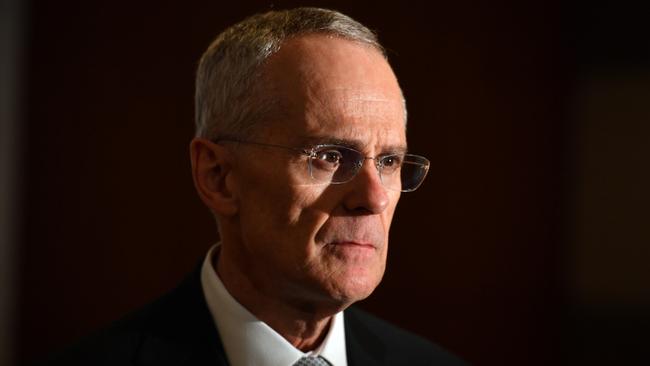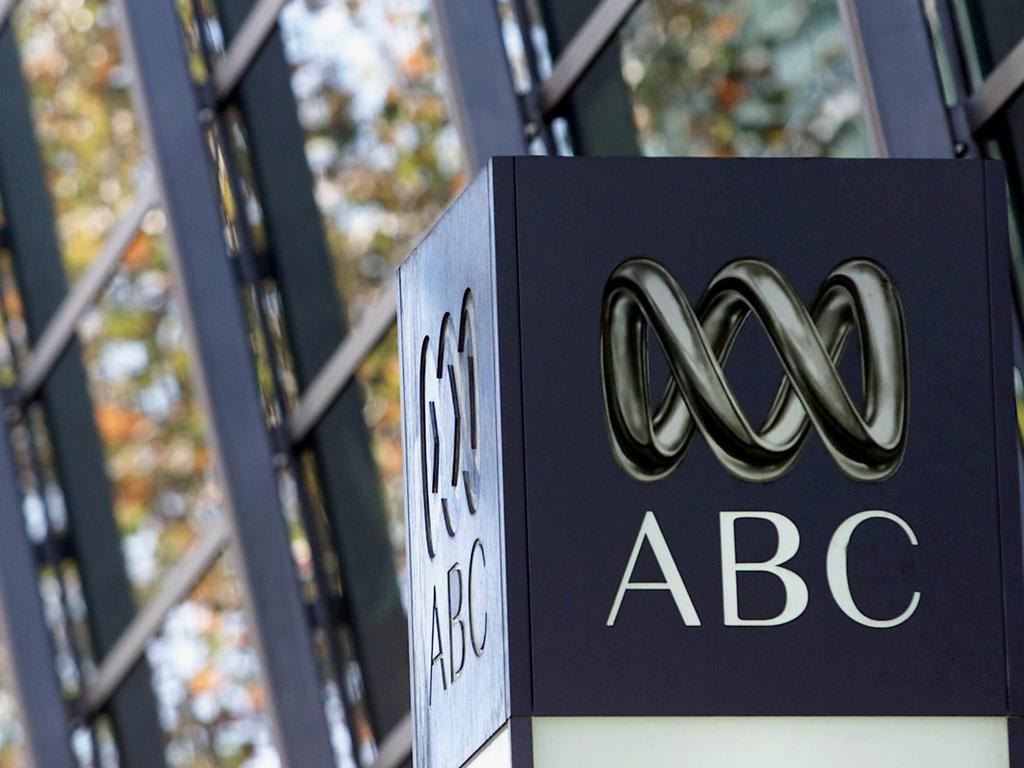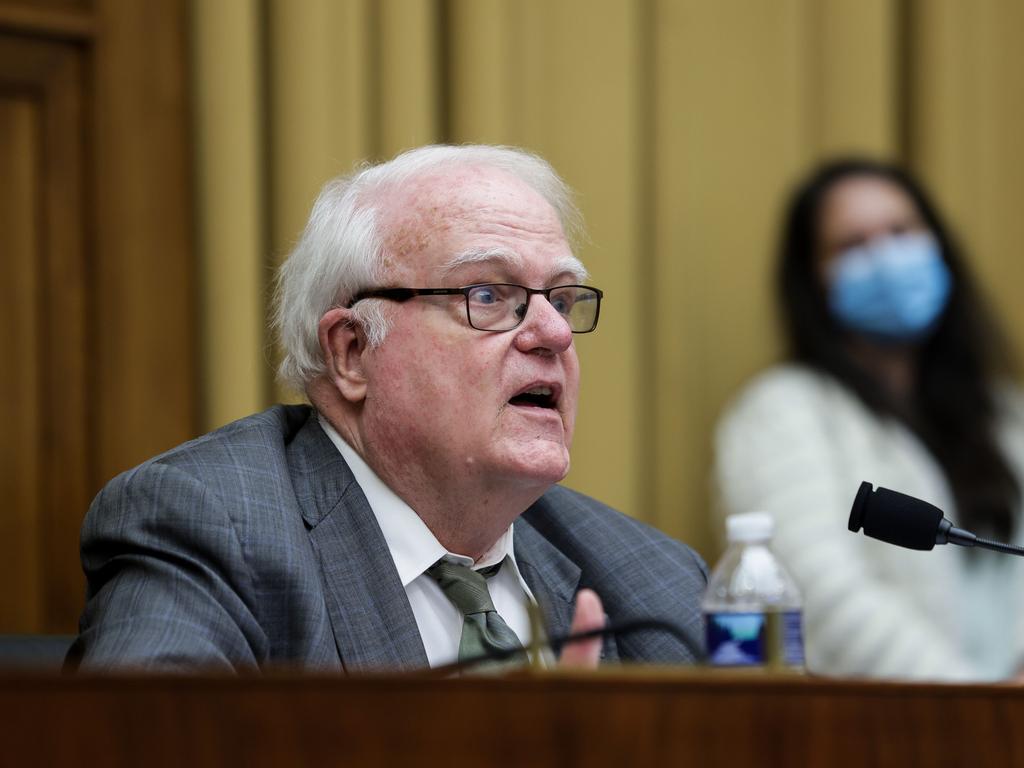Tech giants forced to finally play nice

Sims, who chairs the Australian Competition & Consumer Commission, handed down the bargaining code on Friday after years of work with the rest of the world watching on closely.
Google and Facebook each amass far more advertising revenue than Australia’s major media companies combined, and since their inception have effectively pilfered quality news content without compensation.
The tech giants’ disregard for Australia’s media industry has led to a culture in which consumers haven’t been incentivised to pay for media, because they can get it from Google or Facebook for free. Advertisers too have flocked to those platforms, simply because that’s where the eyeballs have been.
That is all set to change under a new bargaining code that will force fairness from the tech giants and make them sit at the table with Australia’s media industry and thrash out equitable agreements.
Under the code, set to be implemented before the end of the year, a news business will notify a digital platform that they want to negotiate, and work out how much they should be paid for their news content. The news business and the tech giants will then enter a negotiation and mediation process that will last for up to three months, with an independent arbitrator to decide the result within 45 days if no agreement is reached.
The arbitration process is known as “binding final offer”, in which each party lodges just one offer with the arbitrator, and can provide one submission in response to the opposing offer.
According to Sims, that process will force the parties to file sensible claims, rather than anything wild.
“We believe that our final-offer arbitration proposal provides a compelling incentive for parties to put forward fair and reasonable proposals, given each has just one chance to make an offer, and only one offer can prevail,” Sims said on Friday. “We have ensured that the cost of producing journalism would be taken into account in arbitration.”
News businesses can collectively bargain with the platforms, which will help smaller players. Eighty-eight smaller media companies, including regional and community mastheads, made a joint submission to the ACCC, and are expected to again team up to negotiate with Google and Facebook. Larger companies, such as News Corp and Nine, are expected to instead go it alone and negotiate their own deals.
Other changes may seem small but are significant. The digital platforms will be required to give media companies 28 days’ notice if algorithm changes will likely materially affect referral traffic to news, and publishers will also need to be kept informed of any substantial changes to the display and presentation of news.
Platforms will also be required to publish proposals for how they recognise original news content on their services, and provide news media companies with user-comment moderation tools, including the ability to “turn off” comments on individual stories.
In effect, the tech giants are being finally forced to play nice.
If they breach the mandatory code, they face fines of up to 10 per cent of their Australian turnover, representing billions of dollars.
Google and Facebook are not expected to take the new proposed rules lying down. Google could threaten to throw its toys out of the cot and shut down its Google News service, as it did in Spain about five years ago. Spain’s regulator required news aggregators including Google to pay for a licence to use news content at the end of 2014, and Google responded by removing its news products from the market.
Noting what happened in Spain, Sims said “that won’t make one jot of difference to this mandatory code”. “They can close the Google News service, but provided there is any news at all, domestic or international, shown on any Google service, such as search or YouTube, then they’re caught by the code and all the mechanisms,” he said.
The code is initially limited to Google and Facebook, but Sims said the ACCC would continuously monitor the market and may add to the list if an imbalance occurred.
In reality, Australian consumers shouldn’t expect major changes to the social media platforms they use. What they can expect, however, is a revitalised local media landscape, bolstered by revenue from the tech giants that it should have received in the first place.







Rod Sims’ mandatory bargaining code represents genuinely world-leading reform, and should help reshape the balance of power between the monopolistic tech giants and the rest of the economy, including media companies that have been bled dry for years.